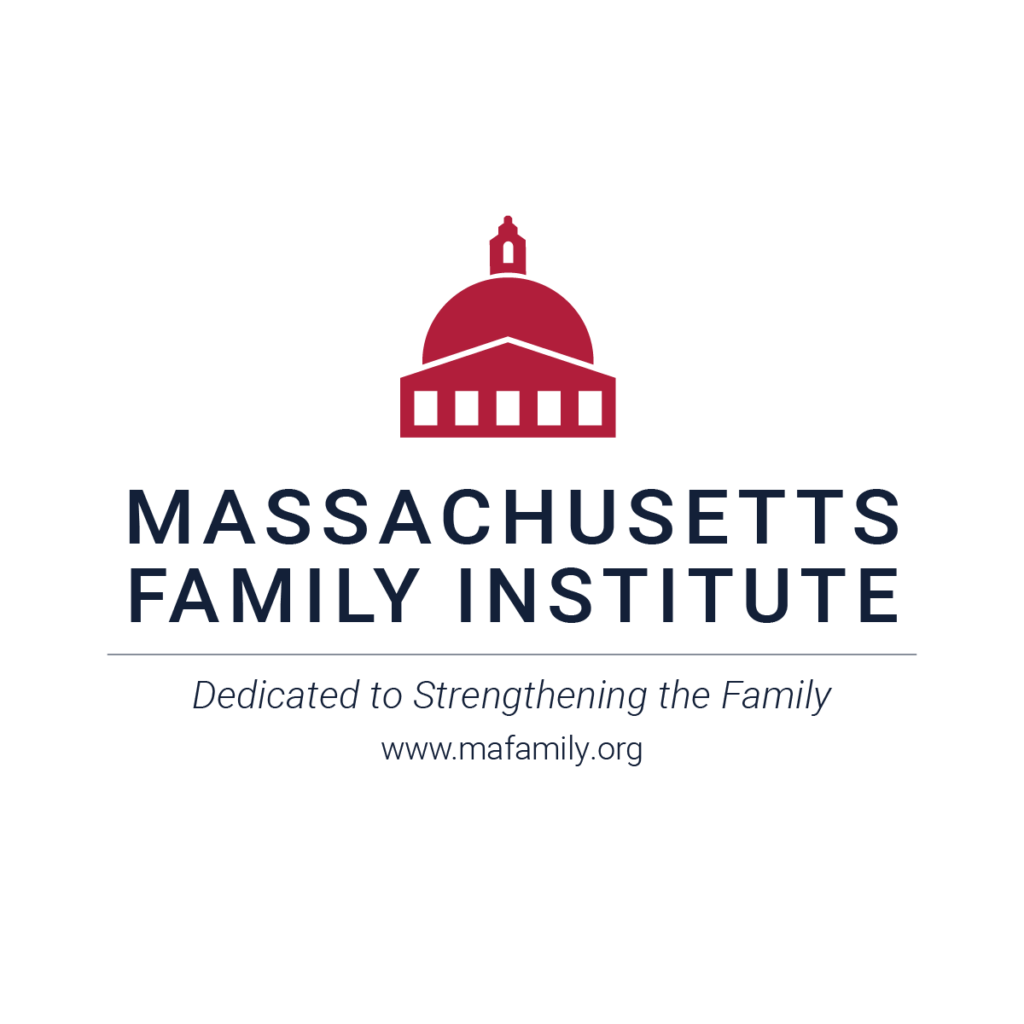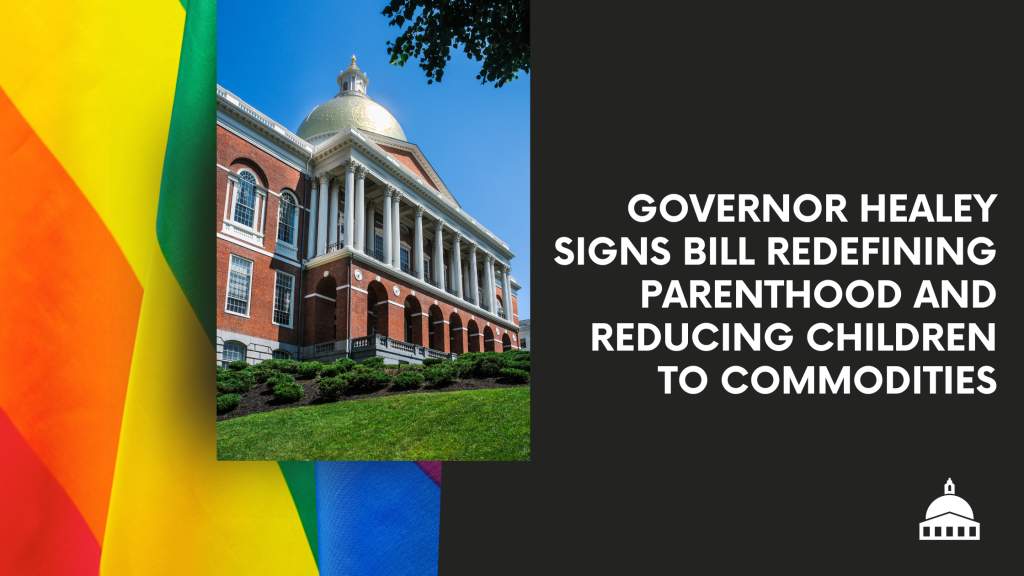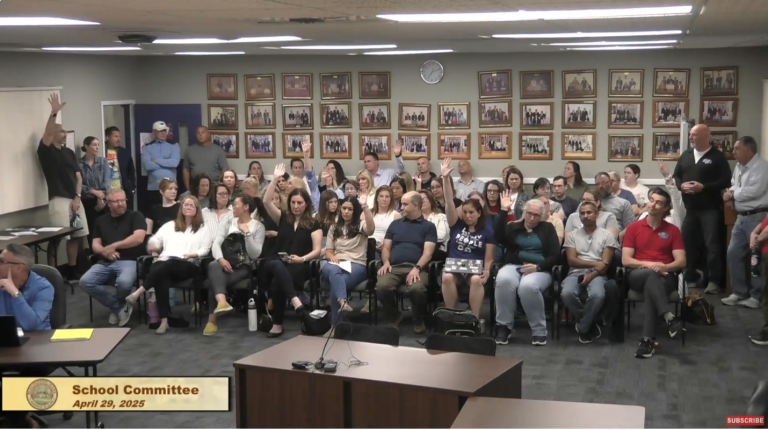The radical agenda to undermine the traditional family and threaten the core values that have long formed the foundation of our society began here in the Commonwealth. 20 years ago, Massachusetts became the first state to allow gay marriage after our highest court ruled the State’s ban unconstitutional, effectively redefining marriage. Last week, Governor Maura Healey signed the Parentage Act into law redefining parenthood in our state. The Governor celebrated the new law at a press conference on Tuesday.
Supporters of this law touted its passage as a major victory for “modern families,” claiming that the parental rights of individuals who use surrogacy, in-vitro fertilization, and assisted reproduction will now be protected, ensuring more inclusivity to LGBTQ+ “parents.”
But the sad reality is that this law ignores the incontrovertible truth that the healthiest environment in which a child can be raised is in a loving home with their biological mother and father. Instead, under the new law, LGBT-identifying couples who are not capable of producing children together will now be empowered to bypass the rights of children to their natural mother and father and to purchase babies through the use of IVF and surrogacy procedures.
These will be the negative impacts of this law:
Children will be deprived of their right to know their biological mother and/or father. When children are conceived through surrogacy or sperm/egg donation, they are almost always separated from one or both biological parents, which research shows can lead to mental and emotional suffering, increased risk of abuse, and poorer life outcomes. While adoption aims to remedy an already broken situation, surrogacy and donor conception intentionally create that separation, leaving the child to bear the consequences.
Children will be turned into a commodity that can be bought and sold. Surrogacy and donor conception often commodify children and involve significantly reduced safeguards for children. These practices allow individuals to purchase children without the rigorous scrutiny required for legal adoption, such as background checks, references, and home studies. While purchasing children would otherwise be considered child trafficking, this law legally sanctions the practice through genetic surrogacy agreements.
Mothers and fathers will be hurt. Surrogacy and donor conception arrangements can harm both children and the adults involved. Many who have sold their genetic material or rented their wombs regret not knowing and raising their children. Surrogacy in particular introduces serious moral and legal issues, sometimes leading to the exploitation of impoverished mothers who feel pressured to participate. Making these practices easier in Massachusetts will harm parents as well as children.
Parenthood is now redefined. In truly dystopian fashion, this updated parentage statute strips all language that mentions mothers and fathers from Massachusetts family law and replaces it with non-gendered references such as “person who gives birth,” “other parent,” or “genetic source.” Language plays a crucial role in shaping beliefs and societal norms because it is the primary tool through which people communicate, express thoughts, and transmit culture. As the redefinition of parentage is more fully embraced, the cohesion and stability that natural families contribute to a thriving society will be endangered.
Lamentably, this new law does more than just redefine parenthood, however—it strikes at the very foundation of what holds our communities together: the sacred bond between married fathers and mothers and their biological children. By weakening these bonds, the State is not only endangering the well-being of children, but also risking the future of our society. We must stand together to safeguard our most vulnerable—our children—and preserve the values that ensure a stable society, for the sake of their future and the well-being of our state and nation.
Your faithful support makes it possible for MFI to protect our family values in the Commonwealth. Give a gift today!






